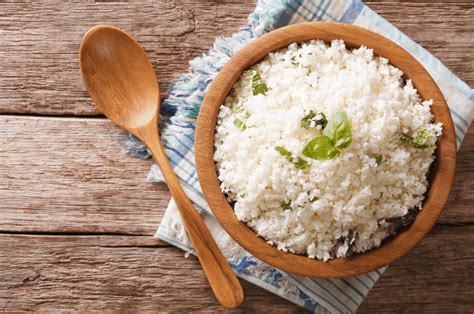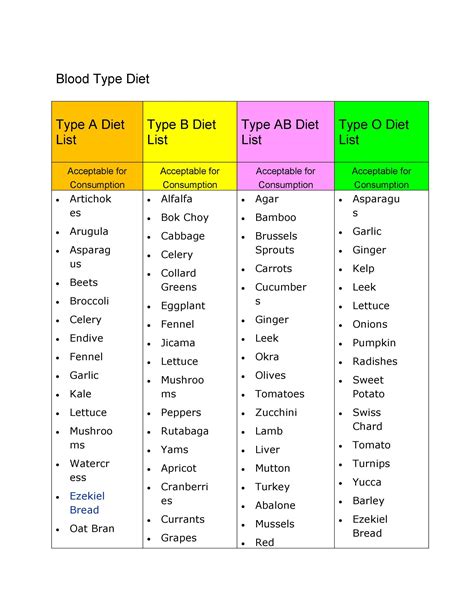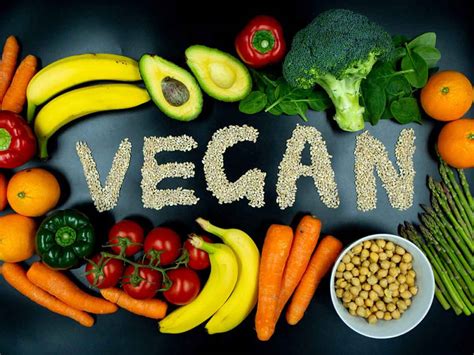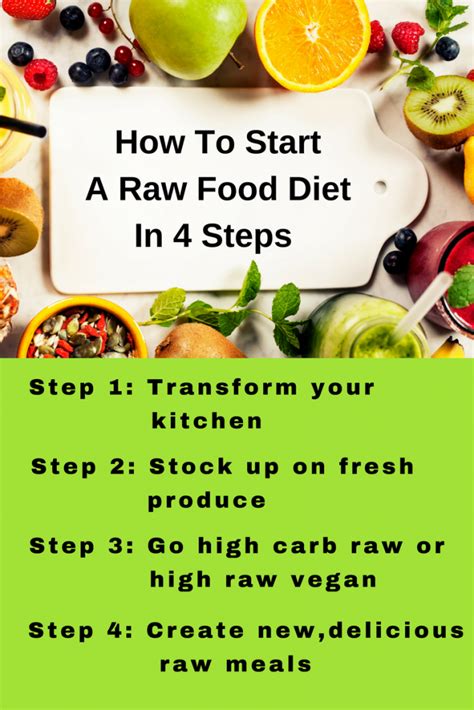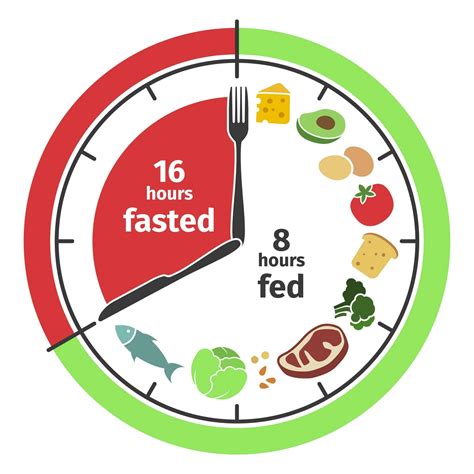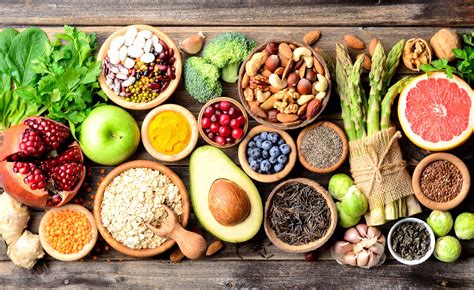Discover the benefits of the rice diet for weight loss, along with a sample meal plan and important considerations for a successful diet journey.
Introduction to Rice Diet
Contents
The Rice Diet is a dietary approach that focuses on the consumption of whole grains, specifically rice, as the main source of nutrition. This diet originated in the 1930s at Duke University, created by Dr. Walter Kempner to help manage hypertension, diabetes, and kidney disease. The diet emphasizes the consumption of plant-based foods, such as fruits, vegetables, and legumes, and limits the intake of animal products and processed foods.
Proponents of the Rice Diet believe that it can lead to various health benefits, including weight loss, improved cardiovascular health, and better management of chronic conditions such as diabetes and high blood pressure. The diet is also known for its low sodium content, which can help reduce the risk of heart disease and stroke.
Despite its name, the Rice Diet is not solely focused on rice consumption. It encourages a well-rounded, balanced diet that includes a variety of nutrient-dense foods. The emphasis on whole grains, fruits, and vegetables can provide essential vitamins, minerals, and dietary fiber that are beneficial for overall health and well-being.
While the Rice Diet may have potential benefits, it is important to consult with a healthcare professional before making any significant changes to your diet. Additionally, this dietary approach may not be suitable for everyone, and individuals with specific health concerns or nutritional needs should carefully consider the potential risks and benefits before adopting the Rice Diet as their primary eating pattern.
Benefits of Rice Diet
One of the biggest benefits of the Rice Diet is its ability to promote weight loss. The diet is low in fat and high in fiber, making it a great option for those looking to shed extra pounds. Additionally, rice is a low-calorie food that can help keep you feeling full and satisfied, reducing the likelihood of overeating.
Another benefit of the Rice Diet is its potential to improve heart health. Studies have shown that individuals who consume rice regularly may have a lower risk of developing heart disease. This is likely due to the fact that rice is a good source of nutrients like magnesium, which has been shown to have a protective effect on the heart.
In addition to its role in weight loss and heart health, the Rice Diet can also help to stabilize blood sugar levels. The high fiber content of rice can slow the absorption of glucose, preventing spikes and crashes in blood sugar. This can be especially beneficial for individuals with diabetes or those at risk of developing the condition.
Furthermore, the Rice Diet is an affordable and versatile option for individuals looking to improve their overall health. Rice is a staple food in many cultures around the world, and there are countless ways to prepare it. Whether you prefer brown rice, white rice, or wild rice, there are plenty of delicious and nutritious recipes to choose from.
Rice Diet Meal Plan
When following a Rice Diet, it’s important to have a well-structured meal plan to ensure you are getting the necessary nutrients while also working towards your health goals. Here is a sample meal plan to help guide you through your Rice Diet journey:
Breakfast: Start your day with a bowl of brown rice topped with fresh fruit such as berries or bananas. Brown rice provides essential carbohydrates to fuel your body, while the fruit adds natural sweetness and important vitamins and minerals.
Lunch: For lunch, enjoy a delicious stir-fry made with brown rice, mixed vegetables, and lean protein such as tofu, chicken, or fish. This meal offers a balanced combination of fiber, protein, and healthy fats to keep you satisfied throughout the day.
Dinner: Wrap up your day with a hearty bowl of vegetable and brown rice soup. This comforting dish is packed with fiber, vitamins, and minerals, making it a perfect way to end your day on a nutritious note.
It’s important to prioritize whole grains, lean proteins, and plenty of fruits and vegetables while following a Rice Diet meal plan. By incorporating a variety of nutrient-dense foods, you can ensure that you are meeting your nutritional needs while working towards your health and weight loss goals.
Rice Diet and Weight Loss
Rice diet is a popular weight loss plan that involves consuming mainly rice as the staple food. This diet primarily focuses on the consumption of whole grains, fruits, and vegetables, with minimal intake of animal products and fats. This low-calorie and low-fat diet plan is believed to help individuals achieve their weight loss goals while improving their overall health.
One of the key benefits of the rice diet for weight loss is its high fiber content. Fiber helps to promote a feeling of fullness, which can prevent overeating and aid in weight management. Additionally, the low-fat nature of the diet can contribute to a reduced calorie intake, making it easier to achieve a calorie deficit for weight loss.
When following a rice diet for weight loss, individuals are encouraged to incorporate a variety of colorful fruits and vegetables, lean protein sources, and healthy fats into their meals. This balanced approach helps to ensure that essential nutrients are still being consumed, while promoting weight loss through the restriction of high-calorie and high-fat foods.
However, it’s important to note that the rice diet for weight loss may not be suitable for everyone. Individuals with certain medical conditions, such as diabetes or kidney disease, should consult with a healthcare professional before making significant changes to their diet. Additionally, it’s essential to maintain a well-rounded and diverse diet to ensure that all nutritional needs are being met.
Risks and Considerations
When considering embarking on a Rice Diet, it is important to be aware of potential risks and considerations. While this diet may have its benefits, there are also certain factors to take into account before making the decision to follow it.
One potential risk of the Rice Diet is the potential lack of essential nutrients. Since this diet primarily focuses on rice as the main source of sustenance, there is a risk of not getting enough protein, healthy fats, and various vitamins and minerals that are essential for overall health.
Another consideration to keep in mind is the potential for boredom and lack of variety in meals. Consuming rice as the primary component of every meal may lead to taste fatigue and a lack of enjoyment in eating, which can make it difficult to stick to the diet long-term.
It is important to also consider the potential impact of the Rice Diet on blood sugar levels. Consuming large quantities of rice can lead to spikes in blood sugar, which may not be suitable for individuals with diabetes or insulin resistance.
Finally, another risk to consider is the potential for weight gain after ceasing the diet. If the Rice Diet is not followed with a gradual reintroduction of a balanced diet, there is a risk of regaining any lost weight and potentially gaining more than before.

